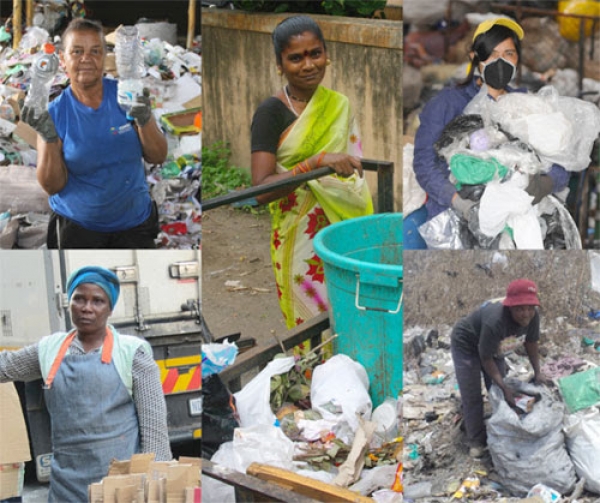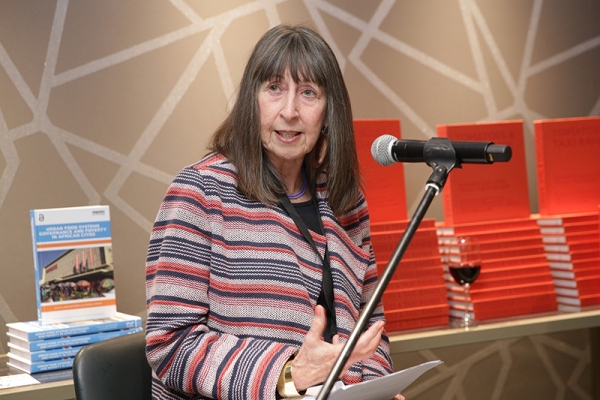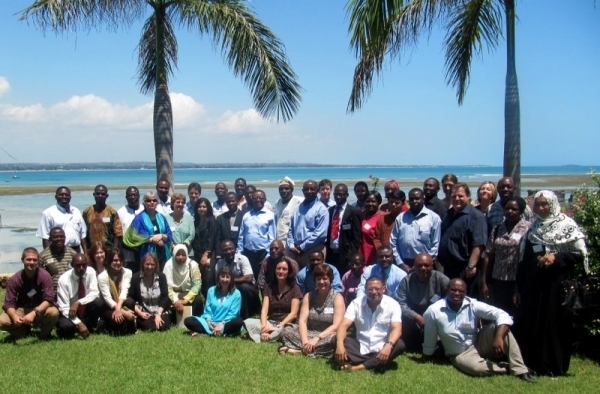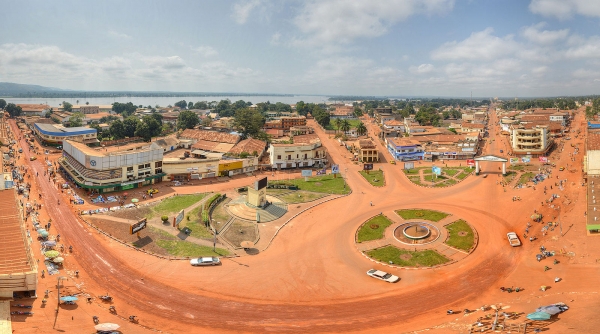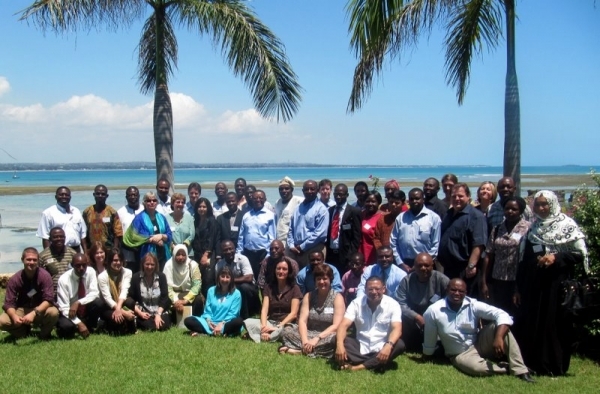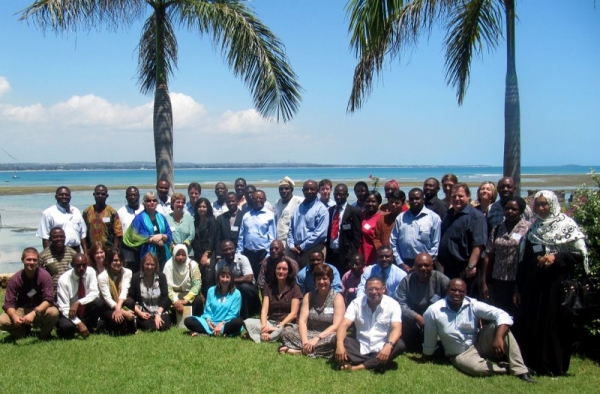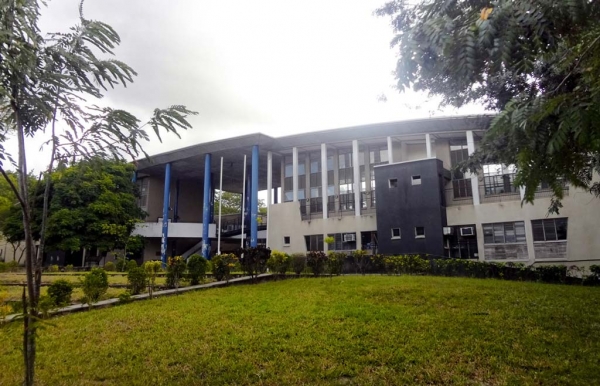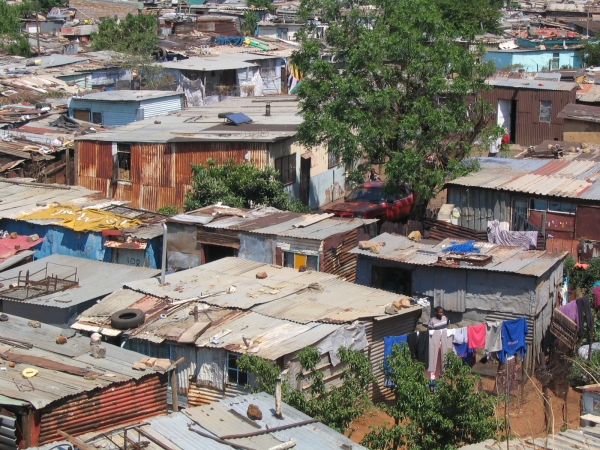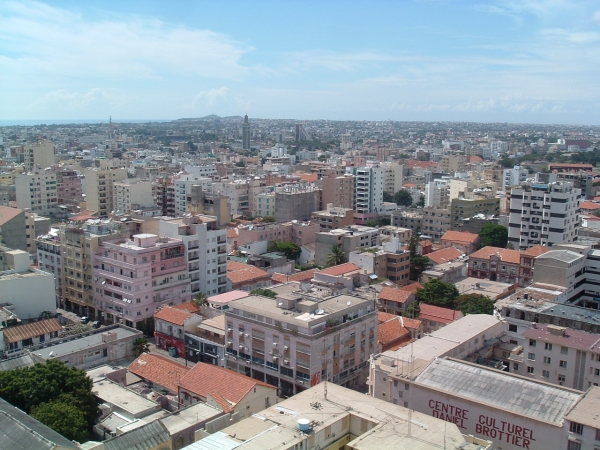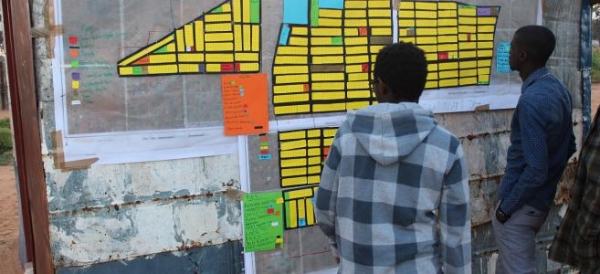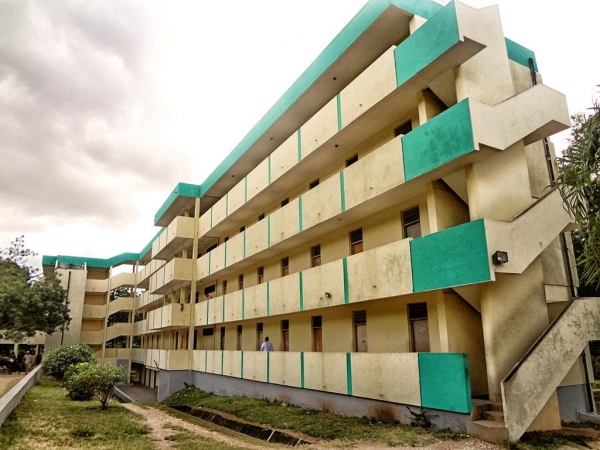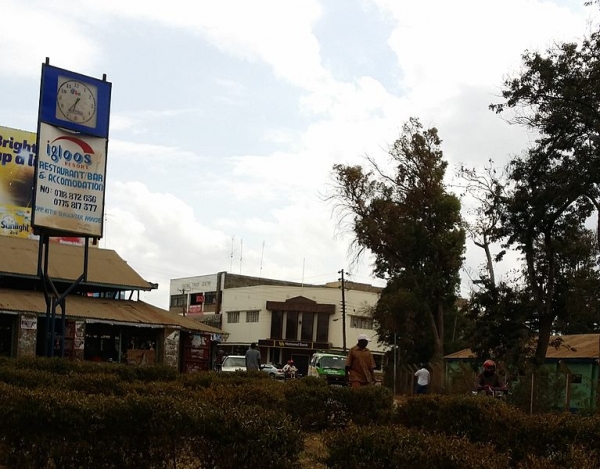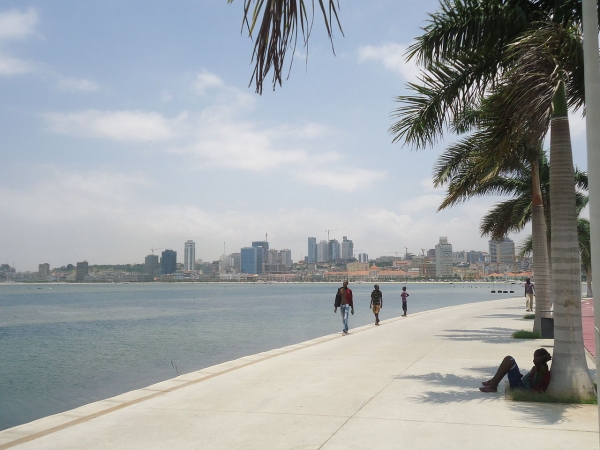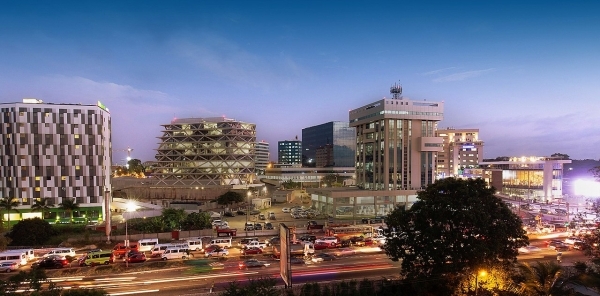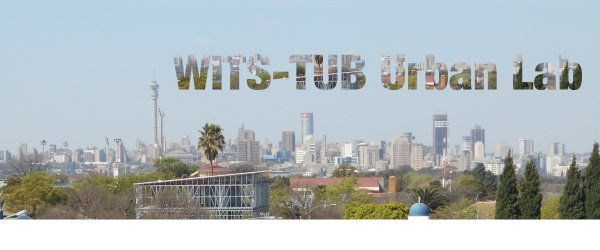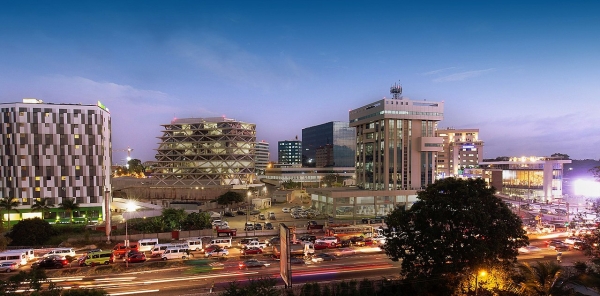The global advocacy network Women in Informal Employment: Globalizing and Organizing (WIEGO) has released the Informal Economy Monitoring Study Sector Report: Waste Pickers, written by Sonia Maria Dias and Melanie Samson.
The report presents evidence on the systemic drivers shaping working conditions for waste pickers in five cities (Belo Horizonte, Brazil; Bogota, Colombia; Pune, India; Nakuru, Kenya; and Durban, South Africa) and their responses to these drivers.
This is the final of three sector reports that have been published as part of the Informal Economy Monitoring Study. The first two focused on home-based workers and street vendors. Research in the respective cities was conducted in association with WIEGO’s partners: Asociación de Recicladores de Bogotá (ARB); Instituto Nenuca de Desenvolvimento Sustentável and the waste pickers' networks Redesol and Cataunidos in Belo Horizonte; Asiye eTafuleni in Durban; the Kenya National Alliance of Street Vendors and Informal Traders (KENASVIT) in Nakuru; and the waste pickers' union Kagad Kach Patra Kashtakari Panchayat (KKPKP) in Pune.
The report identifies several key drivers in the waste-picking sector, including:
- Government laws and programmes related to waste, especially harassment and the lack of formal permission to work;
- Low and fluctuating prices of waste materials, which workers collect, recycle and sell for income;
- Health and safety issues and concerns over working conditions, particularly in the cities that lacked government-provided sorting infrastructure.
The Informal Economy Monitoring Study Sector Report: Waste Pickers and supporting materials can be downloaded here.

